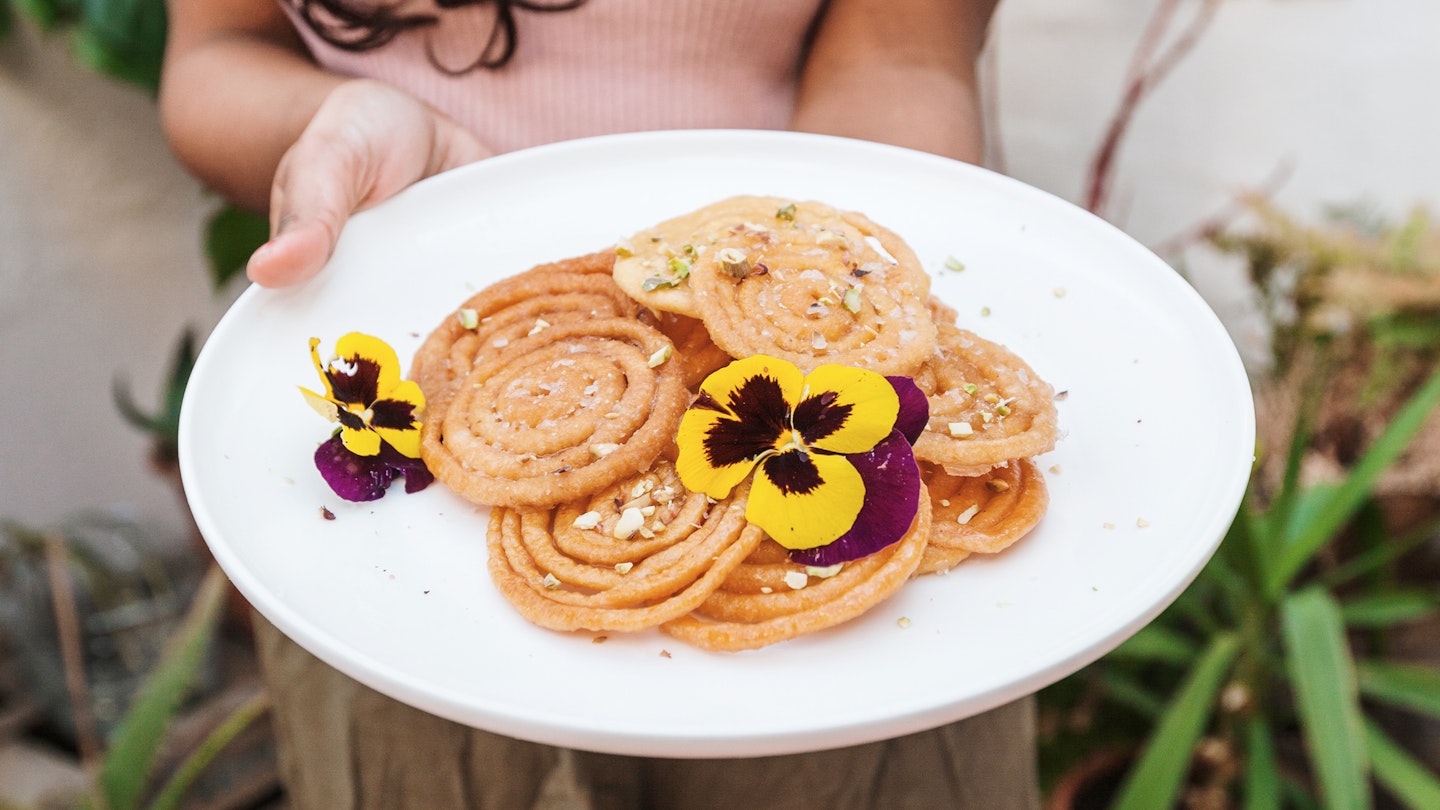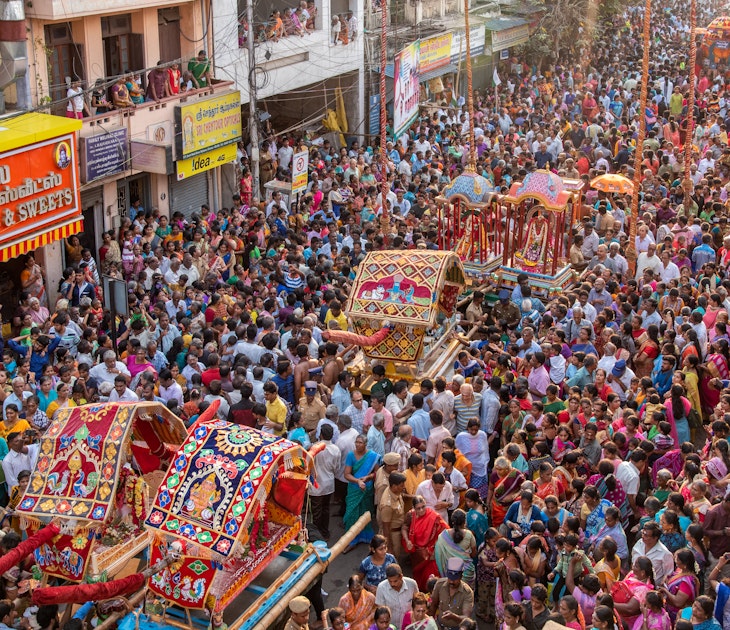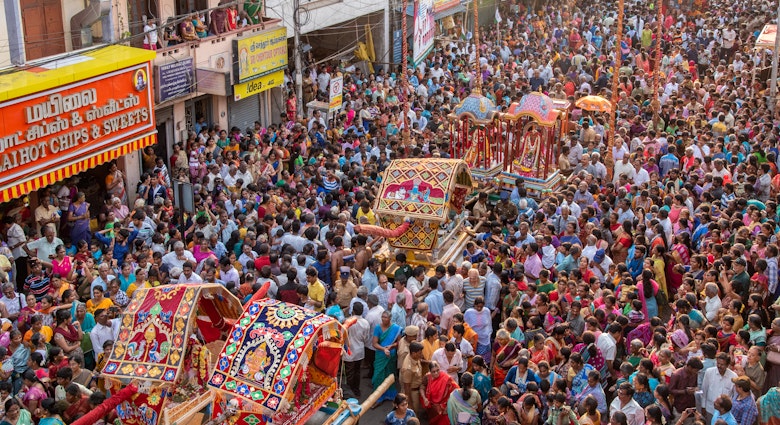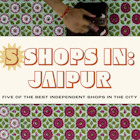A strict vegan diet is no longer the major obstacle to travel it once was, as more and more tour companies are catering to vegan travelers with environmentally friendly and ethical itineraries.
Fredessa Jaudon thinks it was fate that led her to what would become her favorite travel company. In 2016, while visiting the Sunflower Vegetarian Restaurant in Falls Church, Virginia, she pulled into a parking spot behind a car with a bumper sticker advertising "vegan adventure tours" and was immediately intrigued.
As a longtime vegan who had struggled to find satisfying meals on her travels, she noted the name and quickly discovered that VegVoyages – now called Vegan Travel Asia – was addressing the exact problem she faced, by organizing vegan group trips across Asia. She booked a Thailand tour for October 2017, and has been hooked ever since.
“Because of my love for travel, I knew the problems being vegan can present while traveling,” Jaudon said. “Traveling with Vegan Travel Asia takes the guesswork out of where and what is available to eat in compliance with my lifestyle.”
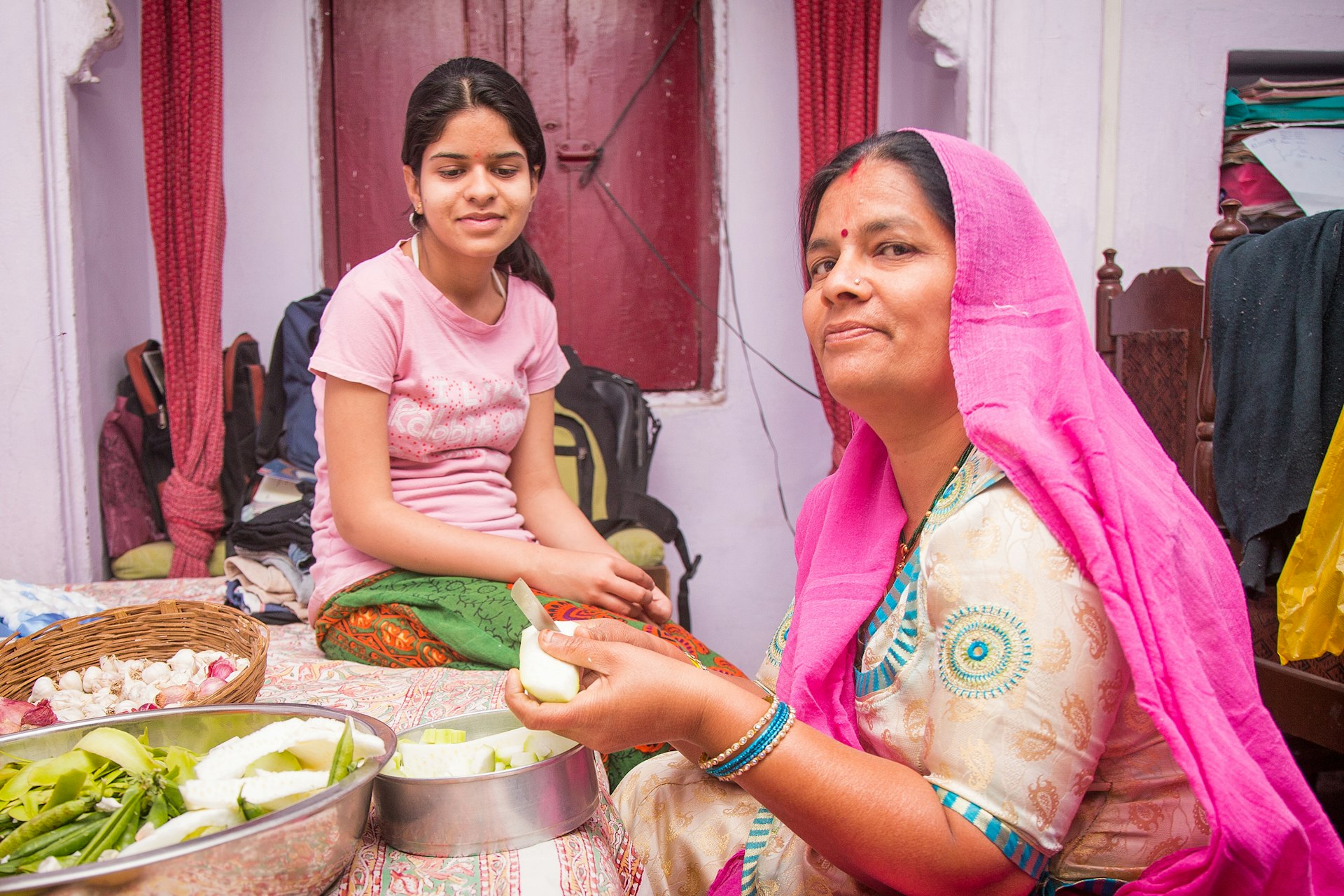
What vegan travel looks like
Instead of worrying about her next meal, Jaudon spent her Thailand trip sampling delicious curries and learning vegan recipes in a class led by Thai chef May Kaidee. She has since traveled to Indonesia, Sri Lanka and India with the same company. However, while food choices are crucial on these travels, Jaudon says it’s about more than diet.
On her trips around Asia, Jaudon has also taken part in community projects, including volunteering with an animal rescue organization in Rajasthan, releasing sea turtle hatchlings into the ocean in Bali, and helping clean beaches in Sri Lanka. She plans to visit Laos and Cambodia with Vegan Travel Asia later this year.
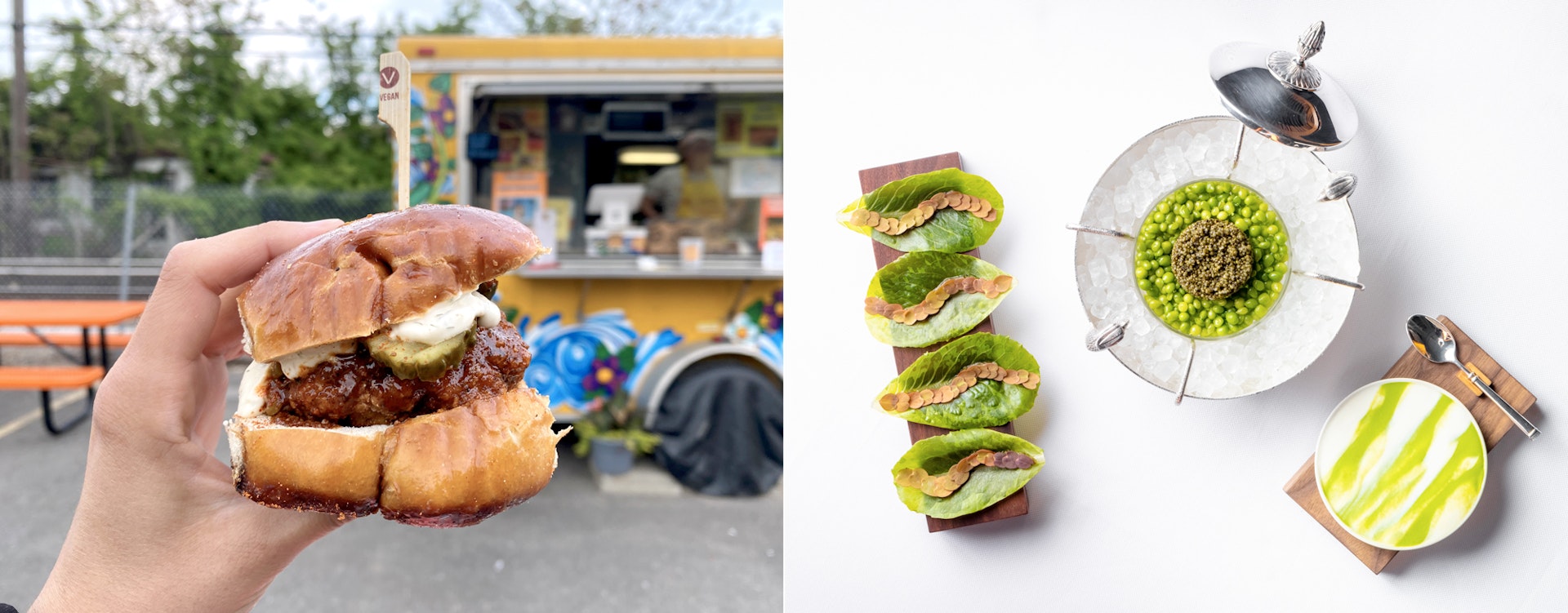
An expanding market
Vegans and vegetarians are still a global minority, but their numbers are rising as these formerly fringe diets have become more mainstream. One study estimated that the vegan food market will be worth $65.4 billion by 2030, up from $26.83 billion in 2021.
As the popularity of veganism and related lifestyle choices grows, so does its influence on the travel industry. More and more travel companies, hotels and destinations are catering to those looking for plant-based meals on their travels, and some are expanding beyond dietary needs to include ethical activities and a focus on local vegan food traditions.
Tour operator Intrepid Travel began offering vegan food adventures in 2018 and the company announced in 2022 that all their food trips will include at least one plant-based experience. As part of their South Korea Food Adventure, for example, travelers stay overnight in a monastery in Gyeongju, sampling traditional Buddhist plant-based dishes such as lettuce stalk kimchi, ash pepper pancakes with chili paste and rice wrapped in lotus leaves.
Responsible Travel, another tour operator with a focus on ethical practices, also promotes vegan and vegetarian holidays. Some of their trips include vegan food on request, while others such as a 6-day vegan holiday in Greece include cooking classes and foraging for seasonal and wild foods.
Looking for hotel options that cater to vegan diets? There are resources for that too. Vegan Welcome lists vegan-friendly hotels in 20 countries, while Vegvisits is a home-sharing platform with vegan and vegetarian hosts across 80-plus countries.
“Twenty years ago there was one [vegan] tour operator,” said Donna Zeigfinger, owner of Green Earth Travel, a long-established vegan and eco-travel agency, and co-founder of a vegan travel summit. “Now there's at least 10 of them or more. I talked to a guy yesterday who is starting vegan tours in Iceland, which to me is the last place, because that's been the hardest for vegans.”
Zeigfinger founded her US-based travel agency in 1997 in response to what she saw as a gaping hole in the travel space. Green Earth Travel builds customized itineraries for vegan and vegetarian vacations, collaborates with vegan operators on trips and arranges vegan-friendly packaged tours.
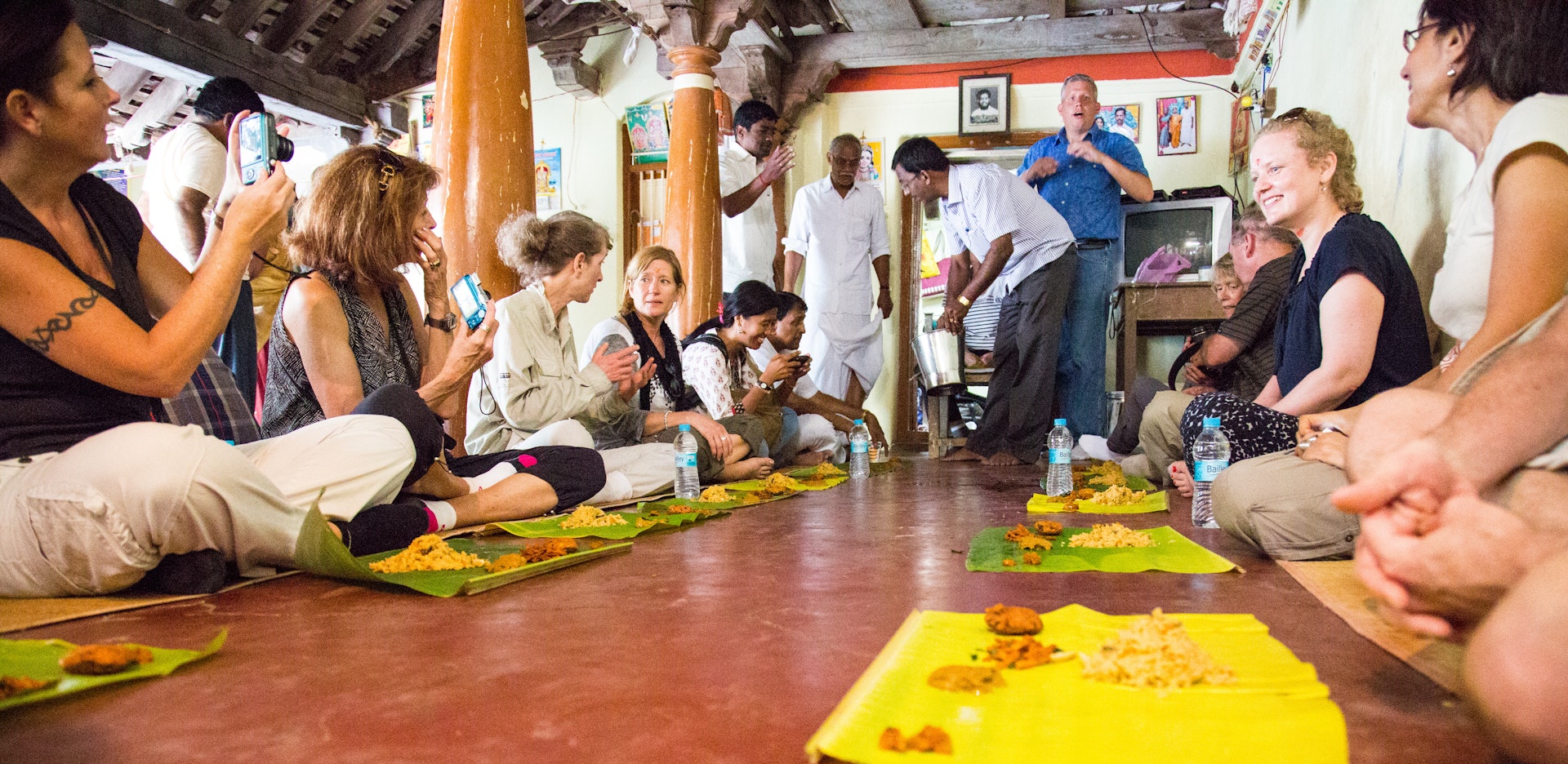
Enabling ethical travel
Part of the shift towards vegan-friendly travel has been driven by travelers seeking ethical experiences. A 2020 GlobalData survey found that 76% of over 5700 global respondents said they were influenced by how ethical, environmentally friendly or socially responsible a product or service is.
As recently as 2019, only 46 percent of respondents said they’d actively buy products that were better for the environment or animal-friendly. This all suggests a shift in consumer perceptions during the pandemic, with growing numbers of people being open to making eco-friendly choices. For many, those ethical choices start with what they eat, given meat production’s outsized impact on the environment.
As a vegan for almost 40 years, Donna Zeigfinger says she remembers going to Spain in 2000 and finding almost nothing she could eat. On visits to Germany in the mid-1980s, she ate in Chinese restaurants as she couldn’t find any other vegan food. Now, she says, there is a vegan option in most restaurants. At the same time, the perception of vegan travelers has also changed. “They are not just granola travelers,” she said. “They are your average traveler from all across the board.”
Zeigfinger says she started the business to help her clients “not starve to death while they were on vacation.” But now she also tries to help educate people about vegan and animal cruelty-free travel, which can include everything from ensuring hotels don’t use feather pillows or toiletries tested on animals to why travelers should avoid zoos. Zeigfinger is now working with numerous organizations to launch a Vegan Travel Association by next year.
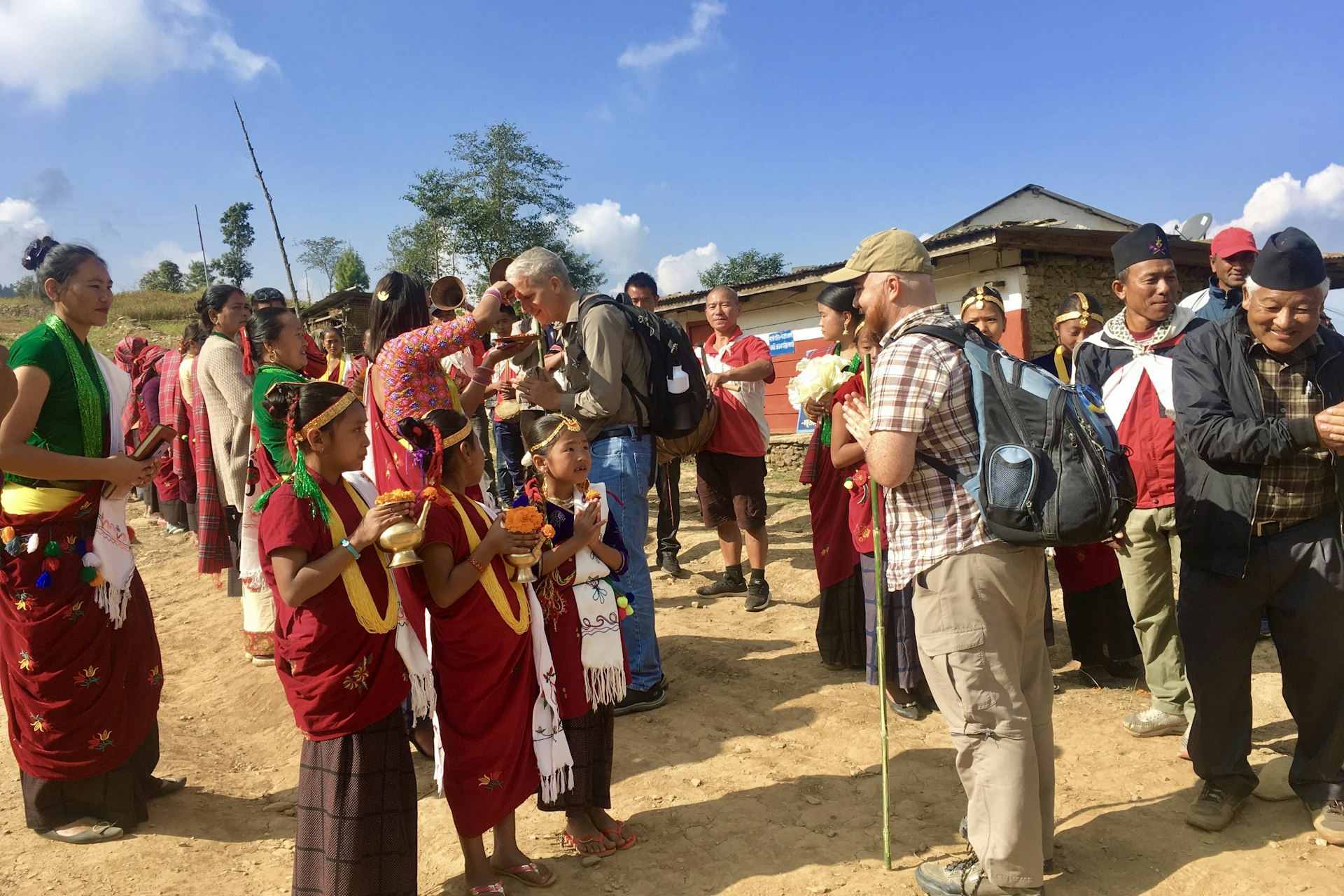
Engaging with communities
Fredessa Jaudon’s favorite tour operator, Vegan Travel Asia, focuses on much more than what's on travelers' plates. As well as offering vegan tours across Asia, the company invests 50 percent of its profits in local communities through environmental and social impact programs.
“The goal has always been to try to help people overcome cultural barriers and have a better understanding of each other, the environment, the planet, and our relation and coexistence with each other within it,” said Zac Lovas, one of the group’s five co-founders, based in Jakarta, Indonesia.
Even in places where meat plays a big role in the diet, Vegan Travel Asia works with communities they will be visiting to arrange vegan dishes as part of its trip planning process. Collaborating with home chefs in their kitchens, listening to their family stories and connections to each dish, they work together to update favorite recipes using local vegan ingredients.
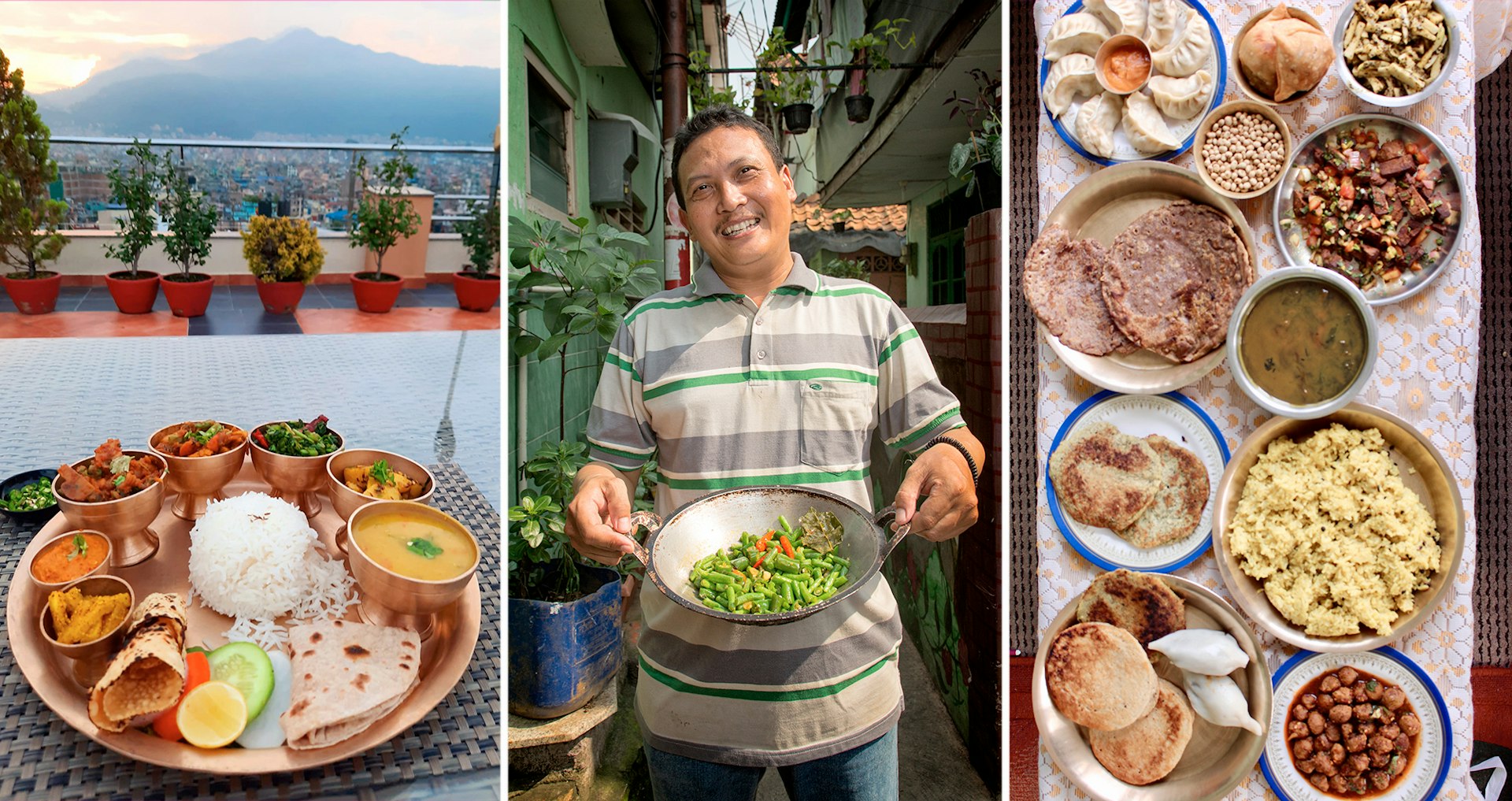
Near the village of Lumban Silintong in North Sumatra, Indonesia, for instance, the company worked with the head of the village and local families to tweak the fish dish arsik, replacing the carp meat with tofu and bamboo shoots. Similarly, the savory stew saksang was reinvented using potatoes, eggplant and fried tempeh instead of pork. For both dishes, meat broth was replaced with mushroom and vegetable broth.
Since other ingredients, such as lemongrass, galangal, and candlenuts, remained the same, the taste was similar to the original versions, and as with all their veganized dishes, cooks in each household signed off on the final recipes. Often, Lovas says, the communities continue to use the new recipes. “It does become like a cultural exchange," he said.
Still, Lovas emphasizes that traveling responsibly is about more than just what you eat. While vegan tourism might appeal to travelers looking to satisfy their dietary needs while on the road, he also thinks these trips provide an opportunity to give back and to more effectively engage with local communities.
“I just hope that as the industry grows it becomes more based on ‘we’ travel than ‘me’ travel,” he said. “It has to be beneficial for local communities, not just a traveler.”

